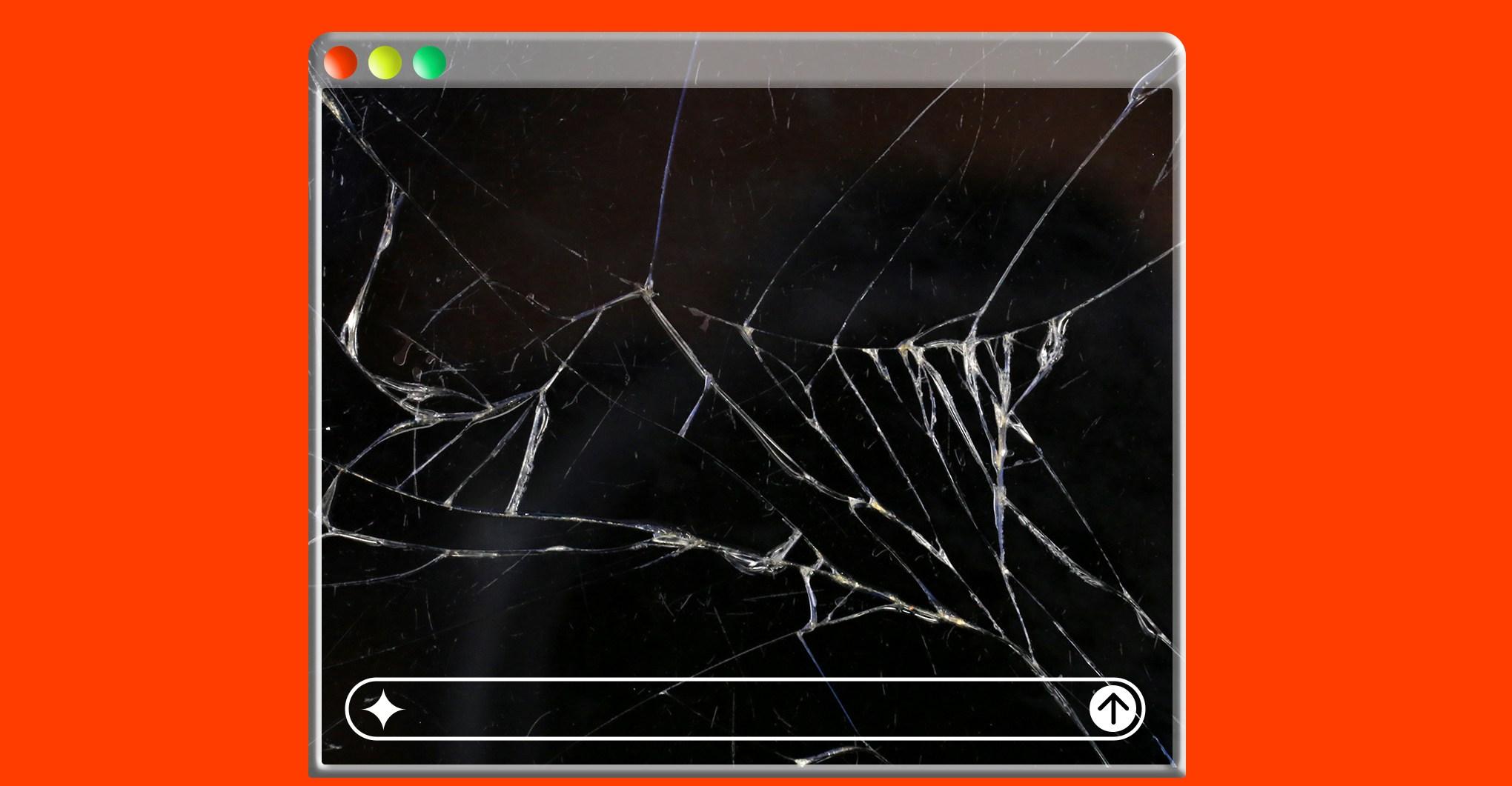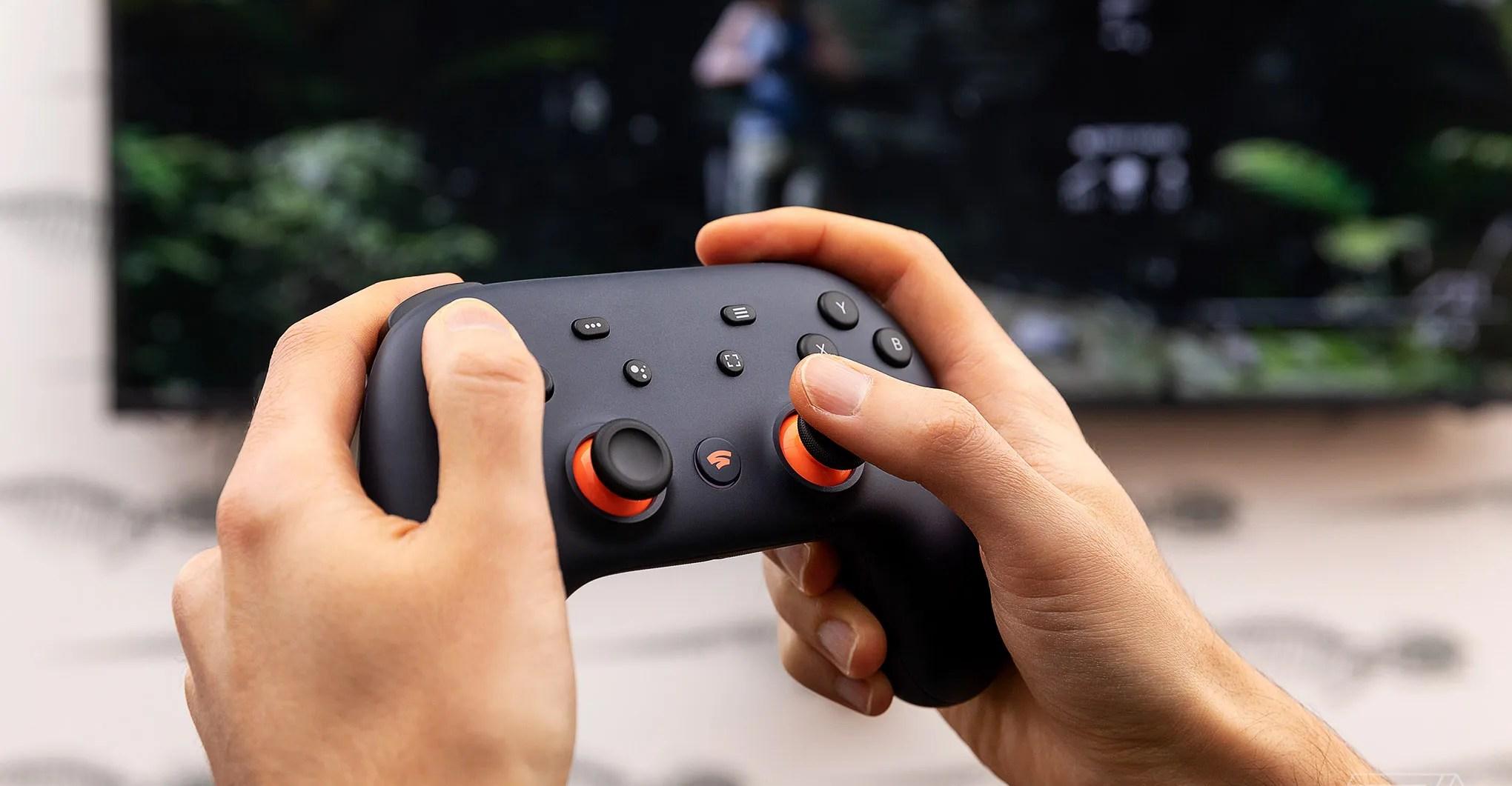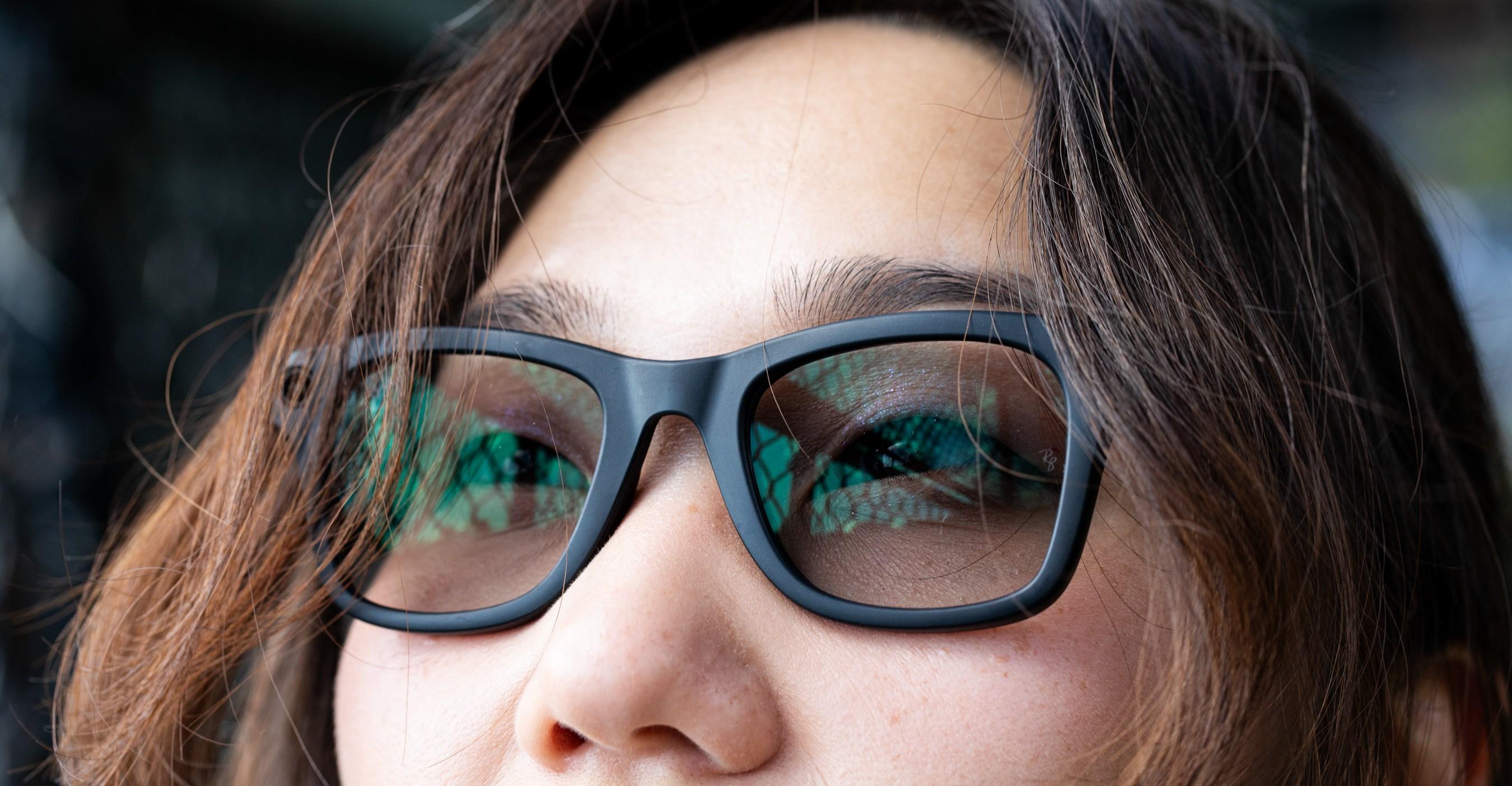Lomography has announced an upgraded version of its Lomo’Instant Wide Camera that swaps the original’s 90mm plastic lens for one made with multi-coated glass. The company says its new Lomo’Instant Wide Glass is the “sharpest instant camera on earth,” but while it probably outperforms other Lomography offerings, it’s up against instant alternatives like the Nons SL660 which is compatible with EF mount lenses. And in either case, it’s still going to be held back by the limitations of instant film.
- Home
- Technology
- News
Lomography’s new instant camera uses a glass lens for sharper photos
Lomography’s new Lomo’Instant Wide Glass camera features an upgraded 90mm glass lens for potentially sharper results while using Fujifilm Instax Wide stock.


Those upgraded optics come with a much steeper price tag. The Lomo’Instant Wide Glass is available now for $279, where as the all-plastic Lomo’Instant Wide Camera Black Edition is still $169. Fujifilm’s own Instax Wide 400 is even cheaper at $149.95, while Fujifilm’s Instax Wide film stock, which is what this new camera uses, is $18.99 for 20 exposures.
Due to the wide film stock it uses, the Lomo’Instant Wide Glass is a beefy camera measuring 7.3-inches across and weighing in at around two pounds, thanks in part to the glass hanging off the front. You’ll need to supply your own camera strap, but Lomography includes colored filters for the Lomo’Instant Wide Glass’ flash, a Splitzer lens attachment for creating experimental multi-exposure images, and a battery-powered lens cap that doubles as a remote shutter trigger.
The Lomo’Instant Wide Glass’ lens offers four focus zones including an infinity position for landscape photography and a close-up option that can focus on subjects just 0.98-feet away. A metal focus ring does allow for adjustments in-between those preset zones, but since the camera uses a basic optical viewfinder that’s disconnected from the lens, you may want to break out the tape measure for accurate focus adjustments.
It’s far from being a fully manual shooter, but in addition to an automatic mode with shutter speeds ranging from 1/250-second to eight seconds and either an f/8 or f/22 aperture, the camera has a bulb mode for capturing motion blur, and can be forced into an f/22 aperture mode to maximize focus. It also offers basic +/- 1EV compensation, for when you know a scene is going to be especially bright or dark.
The Lomo’Instant Wide Glass is powered by four AA batteries contributing to its lo-fi aesthetic, but you can always opt for rechargeable AAs if you feel guilty about sending disposable batteries to landfills.
Police recover gold from accused's husband in Dr Warda murder case
- 20 hours ago
Govt slashes diesel price by Rs14 per litre
- 15 hours ago

Chatbots are struggling with suicide hotline numbers
- 13 hours ago

IHC summons Registrar Karachi University in Justice Jahangiri’s degree case
- 21 hours ago

Control’s action-RPG sequel launches in 2026
- 13 hours ago
Australia plans tougher gun laws after police say father and son killed 15 at Bondi Beach
- 20 hours ago

Why Republicans in Congress are turning against Trump
- 11 hours ago
FIFA hails 5M WC ticket requests amid backlash
- 12 hours ago

The biggest mosquito-borne disease in the world has a cure. There’s just one problem
- 11 hours ago

Disney wants to drag you into the slop
- 13 hours ago

Zillow’s short-sighted move to overlook climate risk
- 2 hours ago

Remember Google Stadia? Steam finally made its gamepad worth rescuing
- 13 hours ago

:format(webp)/cdn.vox-cdn.com/uploads/chorus_asset/file/25694879/lomo3.jpg)
:format(webp)/cdn.vox-cdn.com/uploads/chorus_asset/file/25694989/lomo4.jpg)





